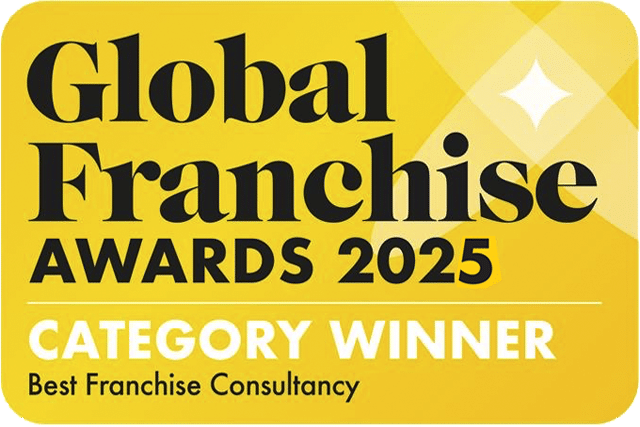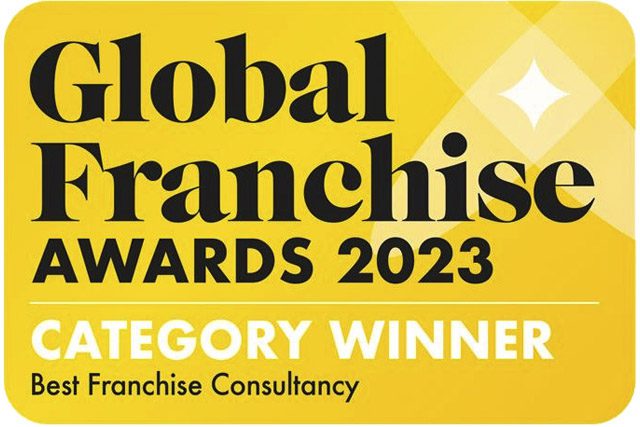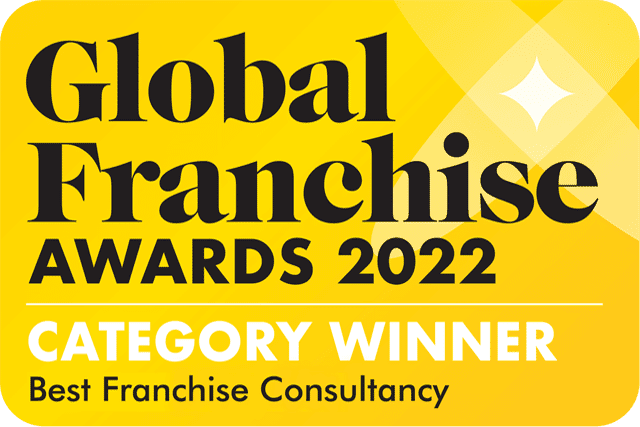International Franchise Expansion
Successful international expansion requires individual evaluation of each market. The MSA process for market evaluation helps our clients be proactive in marketing their franchise opportunity while not passing up a great opportunity that comes to them.
The Next Step
The benefits franchising offers in developing a home market are amplified in international markets. For established franchisors, international is the next logical step in growing their brand. Companies that do not franchise domestically look to international franchising as a means of gaining local market expertise while reducing their capital requirements for market development and lessening their overall risk.
Our hands-on experience and vast expertise in developing international franchises are key benefits of working with MSA. We help:
The job of the franchisor is to set and enforce brand standards; the job of the franchisee is to manage their business and staff to achieve those brand standards. When structured and managed properly, both franchisor and franchisee benefit financially from the relationship.



Successful international expansion requires that each market be evaluated individually. There is often a “push-pull”; countries that the company would like to enter, and those where someone has approached the company about bringing the concept to their market. The MSA process for market evaluation helps our clients be proactive in marketing their franchise opportunity, while not passing up a great opportunity that comes to them.
Adapting your franchise system to local markets
Franchisors should anticipate that certain adaptations will be needed as they expand from one country to the next. These issues need to be thought through before the final negotiations with an international franchisee. At MSA we’ve been through these issues and more. We can shorten your learning curve in global markets. Among them are:
Choosing the right franchisee for international franchising is arguably the most important decision that a company makes. At MSA, our experience includes everything from lead generation to closing the deal. MSA’s proven development procedures will help to ensure that our clients are talking to the right prospects, that deals are negotiated to establish a win-win situation, and that our client’s presence in international markets is successful in the short and long term.
Do you have questions about expanding your franchise internationally?
MSA provides expert guidance on recruiting the right international franchisees for the long term success of your franchise system. Contact us for a complimentary consultation.
